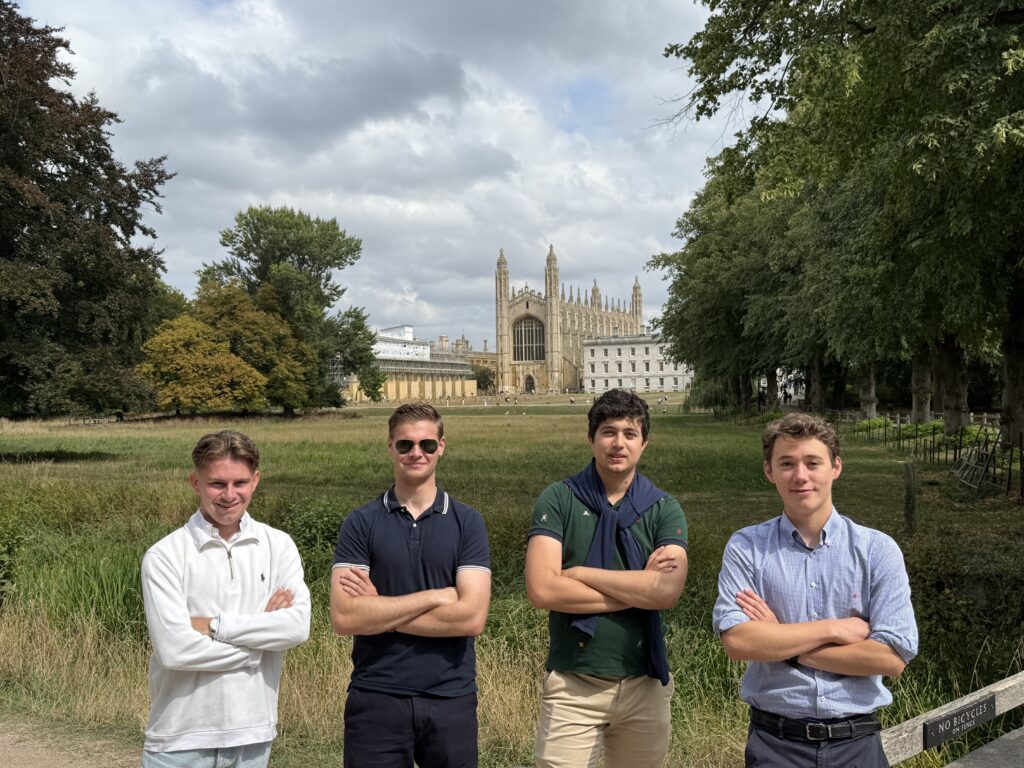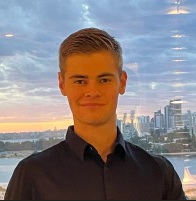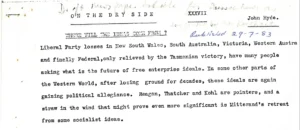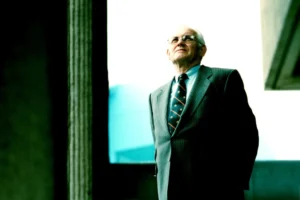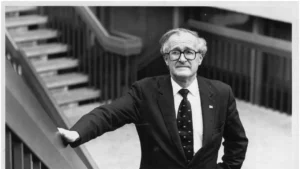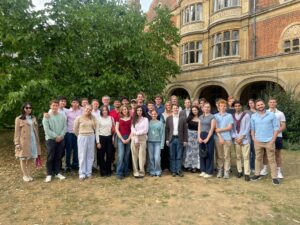I was privileged to attend Freedom Week 2025 at Sidney Sussex College, University of Cambridge, made possible through the Mannkal Economic Education Foundation. Over five days, I was immersed in a program that brought together some of Britain’s leading thinkers, a diverse cohort of international students, and a shared passion for exploring the principles of liberty, free markets, and individual responsibility.
Academic and Professional Highlights
The academic program was rigorous and thought-provoking, with each session challenging my assumptions and deepening my understanding of classical liberal ideas. Dr. Kristian Niemietz’s Crash Course in Free-Market Economics provided a powerful framework for understanding how market mechanisms drive prosperity, while Dr. Madsen Pirie’s The Essence of Neoliberalism reframed the concept as a practical, opportunity-enhancing philosophy rather than a political label. I took great value in both of these seminars as it enhanced my understanding of liberalism to be a concept that drives innovation and economic growth, rather than a political discussion. Further, Dr. Paola Romero’s Property Rights session underscored the legal foundations necessary for entrepreneurship. This seminar topic was directly relevant to my studies in law and business and allowed me to understand the role of the common law in the fundamental protection of a capitalist structure. It incentivises and protects entrepreneurs through security in their enterprises.
The Practical Politics as a Free-Marketeer session with Rt. Hon. Steve Baker FRSA was inspiring as Steve covered his political journey and emphasised the importance of strategic alliances in radical policy reform. I believe these skills are transferable to the legal and corporate world where the success of joint ventures lies heavily on managing competing interests. Furthermore, his insights into navigating political realities while advocating for limited government aligned with my professional experience in policy and dispute resolution. It reinforced the importance of strategic communication and coalition-building, skills I intend to rely upon through navigation between the legal and corporate worlds.
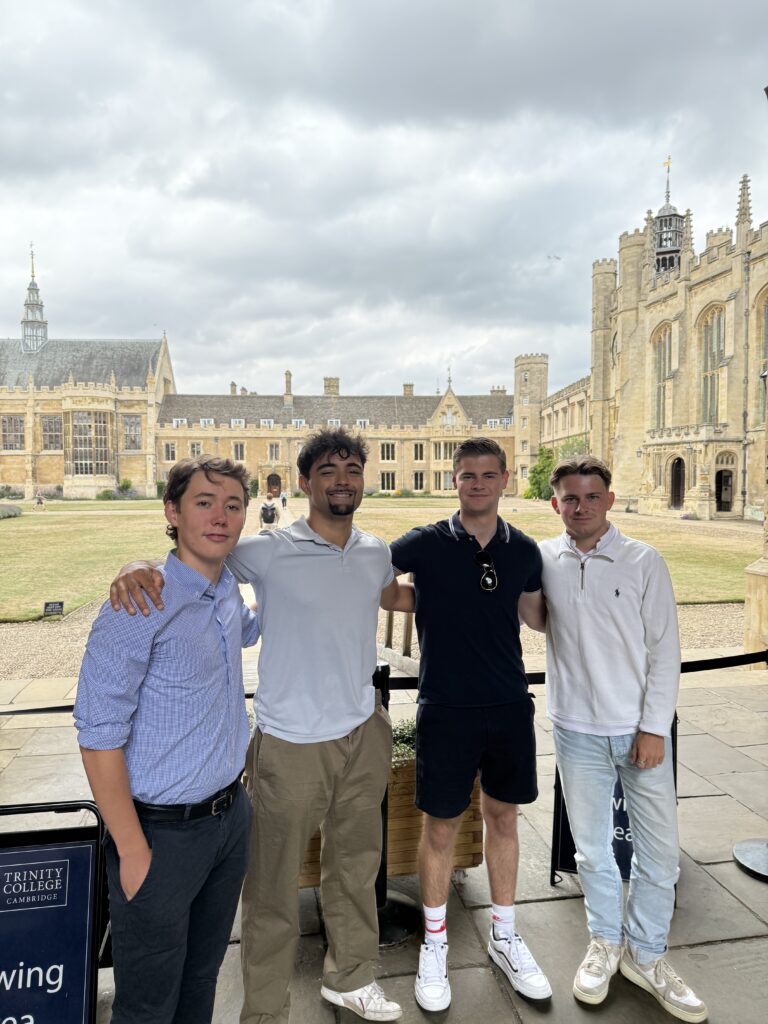
Leisure and Cultural Experiences
Outside the lecture room, Cambridge offered a unique cultural backdrop. Punting along the River Cam was a highlight that allowed for a relaxed yet social experience, allowing conversations and laughs with fellow attendees. Evening dinners in local restaurants provided opportunities to connect on a personal level, building friendships that I expect will endure well beyond the program. Exploring the historic architecture of Cambridge, from the intricate chapel at King’s College to the cobblestone streets lined with centuries-old pubs, was both intriguing and inspiring. These moments of leisure balanced the intensity of the academic schedule, allowing time for reflection of the day’s learning with continued discussions at dinner.
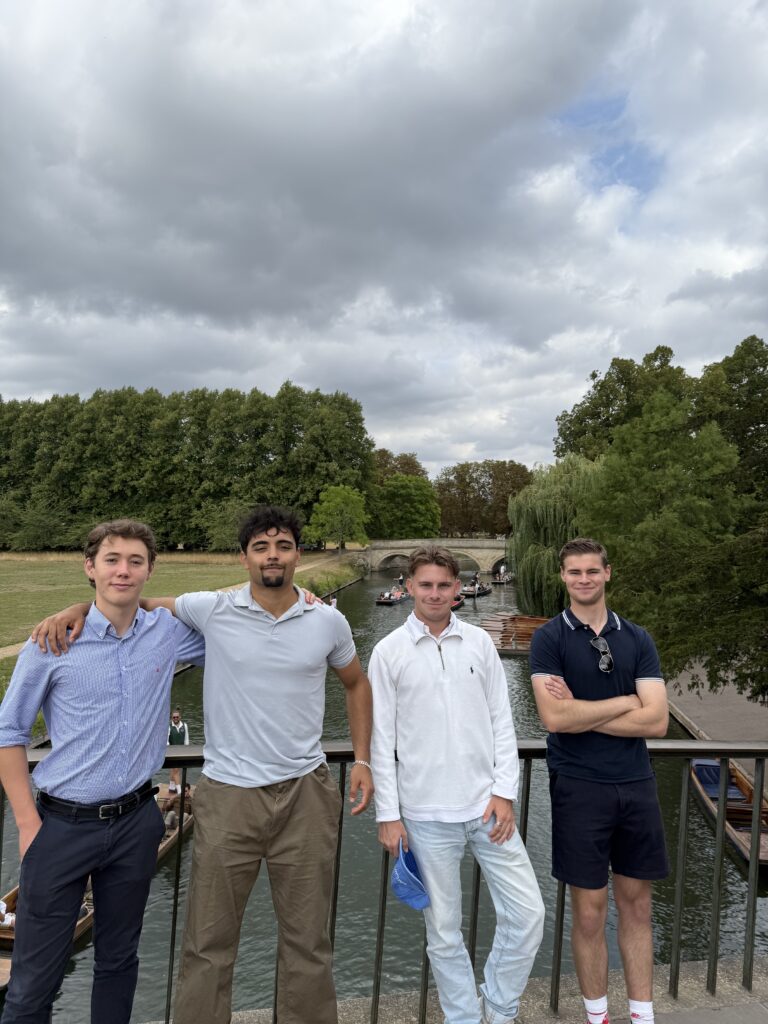
Reflections and Impact
Freedom Week reinforced my strong belief that economic freedom, underpinned by sound legal frameworks, is essential for innovation and societal progress. The program sharpened my ability to critically assess policy proposals, identify unintended consequences, and advocate for reforms that expand opportunity. I return to Australia with a renewed commitment to applying these insights in both my legal studies and professional work.
I am grateful to Mannkal for this opportunity and would strongly encourage future scholars to embrace it fully. The experience will challenge you, inspire you, and leave you better prepared to contribute meaningfully to the ongoing conversation about freedom and prosperity.
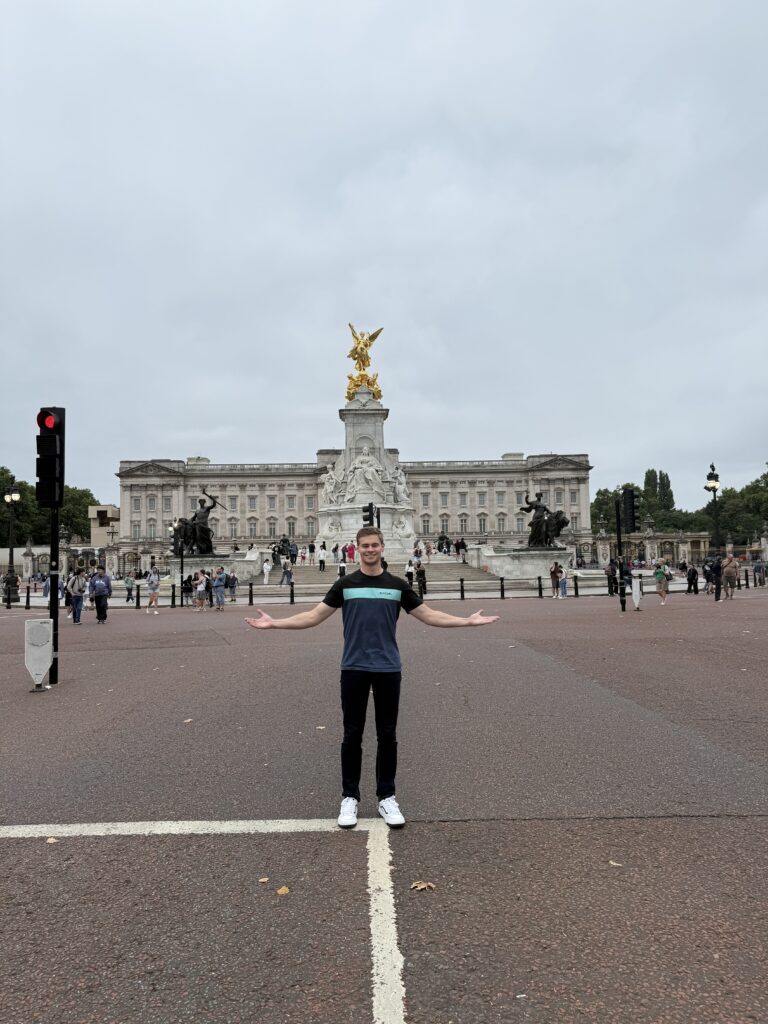
Entrepreneurship, Government, and CERI’s Mission
One of the most relevant takeaways from Freedom Week was the discussion on how government policy can either foster or hinder entrepreneurship. In Australia, and particularly in Western Australia, regulatory complexity, high compliance costs, and slow approval processes often deter startups from scaling quickly. Excessive regulation can stifle innovation and limit the ability of entrepreneurs to respond to market opportunities.
The Centre for Entrepreneurial Research and Innovation (CERI) facilitates the creation of a vibrant startup ecosystem by equipping entrepreneurs with the skills, networks, and resources to succeed. My learnings from Freedom Week align closely with CERI’s mission: property rights and predictable legal frameworks are essential for attracting investment; tax policy should incentivise innovation rather than penalise risk-taking; and governments should focus on enabling infrastructure rather than direct market intervention.
Drawing on international perspectives from the program, I believe Western Australia could enhance startup formation by streamlining regulatory approvals and expanding access to early-stage capital. These reforms would not only stimulate economic growth but also position WA as a hub for innovation in sectors where it holds a natural advantage, such as mining technology and renewable energy.

